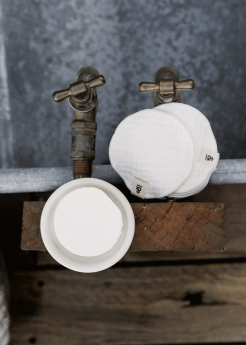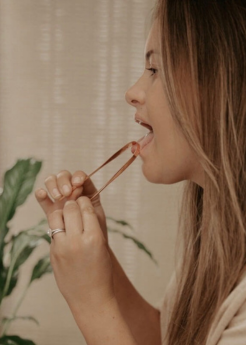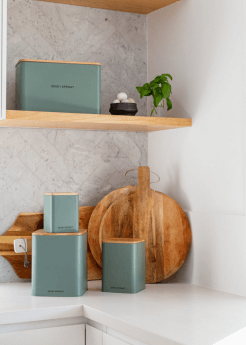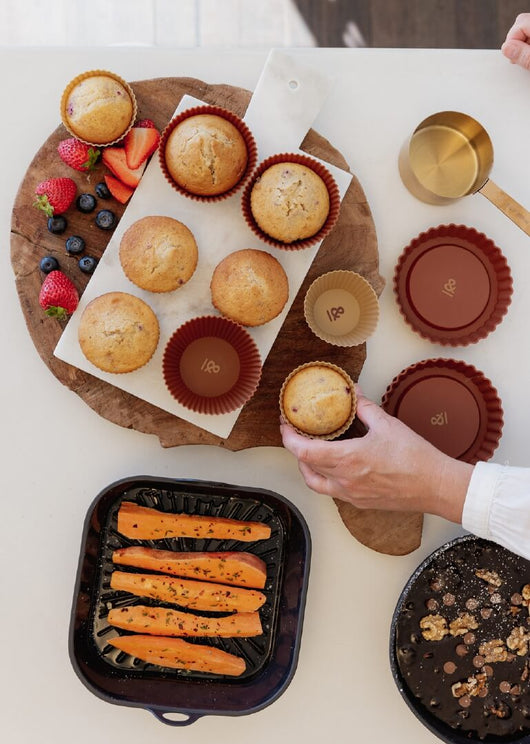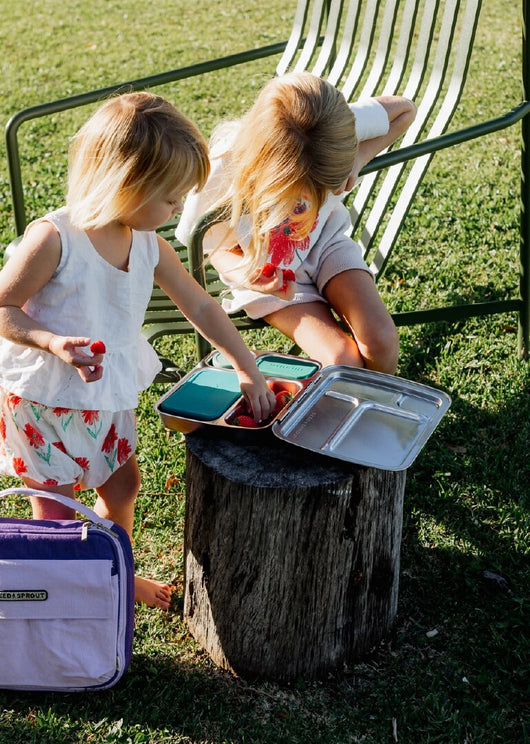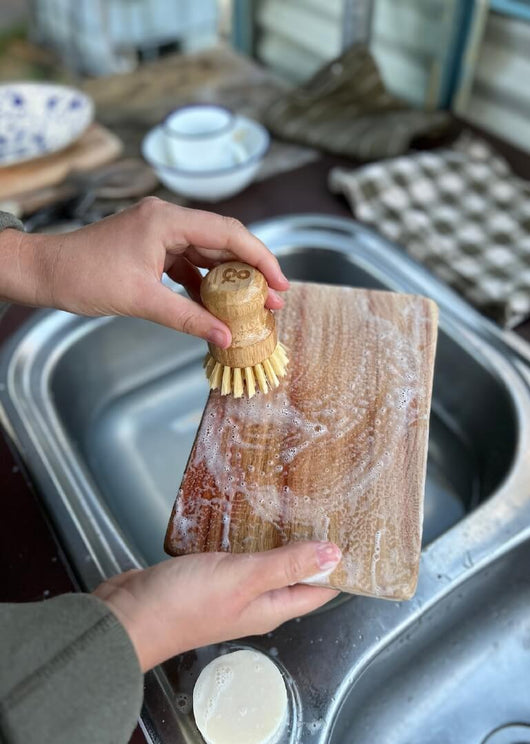World Sustainability Day is held on the fourth Wednesday of October each year. The day acts as a great reminder that we can all do our bit to tread a little lighter on this planet so future generations can enjoy it just as we have. Life gets busy, so these awareness days provide a great opportunity to stop and reflect on how we're living and what changes we can make to reduce our impact. We've got five tips for you below on how you can start living more sustainably today!
Words by: Samantha van Egmond
1. Say no to single-use plastic
Plastic waste is an environmental issue that requires our urgent attention, so start by making reusables part of your everyday routine. Before you leave the house, pop a refillable water bottle in your bag, and if you're a coffee drinker, a reusable cup – some cafés even offer a discount to customers who bring their own.
Plastic cutlery is one of the worst offenders when it comes to single use plastic, so eat out responsibly with a set of BYO utensils (including a straw) made from a biodegradable material such as bamboo, and keep a sturdy carryall in the back of your car or by the front door for fruit and veggies.
2. Eat local, seasonal and plant-based
The food we put into our shopping baskets has a ripple effect on the farmers, growers, manufacturers and retailers involved in making that product. Buying locally and in season will not only help to reduce food miles and support local business, it can also save you money while optimising the flavour and nutrition in your meals.
Help your community by shopping and eating local wherever possible, seeking out farmers' markets and grocers that support local growers and producers. Limiting your meat intake will also help to reduce your carbon footprint, so stock up on fresh fruit and veggies and plant-based proteins for a nourishing, planet-friendly diet.
3. Green up your cleaning routine
Step up your spring-cleaning to improve the health of your home, yourself and the environment. Start by removing toxic, chemical laden products and reach for natural, eco-friendly alternatives. Take a look in your pantry, where you'll find a few households items that are very handy at tackling cleaning tasks – white vinegar, lemon juice and baking soda are hardworking allrounders.
Try using essential oils such as tea tree, orange and peppermint as a natural and effective way to eliminate odour. Opt for reusable wash clothes, scourers and brushes made from biodegradable materials and plant fibre bristles over conventional plastic options, and say no to plastic bin bags in favour of compostable liners.
3. Give your beauty bag an eco-friendly makeover
From deodorant to shampoo, there are plenty of easy swaps that help keep your toiletries healthy and harm-free. Do some research on which ingredients to avoid, for example oxybenzone in sunscreen which is proven to damage coral reefs, and microplastics found in many face and body scrubs – these tiny beads wash straight into the ocean and harm marine life.
As well as avoiding nasty ingredients, consider the packaging of your personal care products. Solid bars are a waste-free alternative to plastic bottles and can be stored in a jar or tin, and for products that can't be swapped for bars, look for compostable, biodegradable or 100 per cent recyclable packaging wherever possible.
5. Reduce your food waste
Rethinking the way we buy, cook and store food can dramatically reduce the amount that gets thrown in the bin. Start by planning meals and shopping accordingly, so there's less chance of ending up with excess. Prolong the lifespan of your food by keeping dry goods in air-tight containers, and rotate older ingredients to the front of your fridge and pantry so they’re not forgotten. Freezing or preserving leftovers is another great way to save food from landfill.
If you're looking for a fun home project that will help fight food waste, why not grow a herb garden or start a compost? A lot of the time, we only use half of the herbs we buy from the supermarket while the rest wilts. Rosemary, parsley and mint are hardy options that will thrive on a sunny windowsill or balcony. Meanwhile, composting is a rewarding way to manage household waste and give back to your garden!








